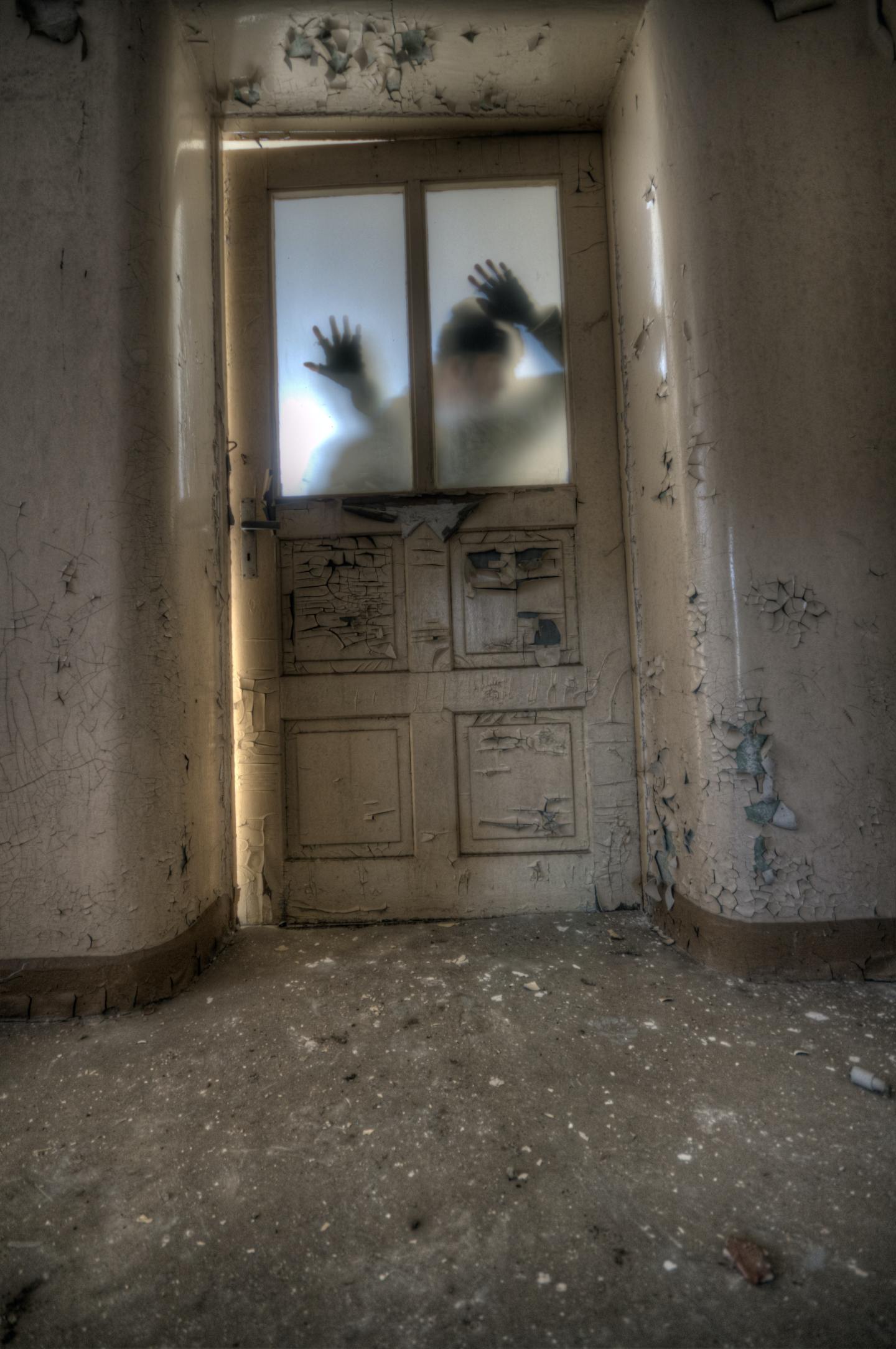Jeremy Hunsinger
It is no longer our classrooms as creepy treehouses, but our universities have become creepy. This paper argues that in the post-pandemic, we are faced with the creepy university. The new normal of medical surveillance, social surveillance, involuntary publicity, and worse, combined with imposed technological choices and related issues, transforms and expands the creepy treehouse phenomena to encompass the whole university. The post-pandemic university is creepy. Beyond that level of creepy, it is surrounded by various zombies perpetuating its creepiness.
Contemporary ‘neoliberal’ universities in the post-pandemic are a shambling, groaning mess of dead bureaucratic impetus driven by the pandemic institution’s expired demands. The trajectories of the pandemic shamble onward through the action and inaction of non-faculty governance. Combined with that is the zombified information of dead lectures with their im/precise and de/contextualized knowledge published to various media sites by universities, professors, and students alike. They are the life of the occasionally found document, speaking their situated pandemic knowledges only when stumbled-upon. The post-pandemic university is full of mobilized knowledge that is perpetually escaping through a spectrum of fantastically good to fantastically horrible possibilities. As such, creepiness exudes, choices forced, choices unforced, have remade elements of the university outside of itself, dragging along as part of its new zombified self.
A creepy treehouse is when a faculty member chooses a technology they prefer because of their history with it and forces the students, against their comfort, to use that technology in the classroom. The technology almost always has elements that creep the students out, such as invasions of privacy, surveillance, cultural difference, or otherwise. The creepy university is the future of the university.
It is evidenced by the pervasiveness of the pedagogical form of life we find in our digital university environments, especially in Zoom environments. The Zoom Zombie, a person who is there, but not there; there is only the appearance of presence. Zoom has become the killer app of the university’s remote administration, and shortly after it; it was introduced as the killer app of online lecturing. Anyone who has participated in enough classrooms has seen classroom zombies, students who are completely turned off. Similarly, Zoom zombies are prevalent both in online Zoom classrooms and in other meetings. The manifestation of this human response as not being ‘there’ in the face-to-face classroom has been extended to not be there in zoom meetings.
Nevertheless, Zoom Zombies are not the only elements of zombification of the university. Neoliberal zombies are present along with their professional representatives. But that is another argument. I want to present a few other forms of zombies. One is the professorial zombie, the professor or instructor who is physically and mentally exhausted, overburdened with their increasingly excessive responsibilities such that their capacity to act beyond the minimum necessary is limited. Their passion has waned, as has their reasoning combined with their capacity to perform their job due to increased workload and stress. The professorial zombies’ numbers are increasing, and they are not increasing equitably or fairly. As one would expect, this zombification affects some minorities much more than others, and with that zombification, an increasing number of faculty are lost. Zombified faculty exist; you probably meet them every day. They learned to blend in, to hide their zombified state long ago, likely in graduate school.
Another type of zombification mentioned above briefly is the lesson or teaching period as zombified knowledge. The knowledge produced and shared by the faculty is usually distributed online, out there and dead, but alive. It might be outdated, it might have errors, it might be well done or not well done, it might be produced by the university, by the faculty member, or recorded by the students, but in any case, this knowledge is on the internet available for people to use and see. Zombified knowledge almost certainly exists out of the context of the whole course. It certainly exists outside of the maintenance and correction by the professor in the course. It is knowledge mobilized, not autonomously but by the public who find it, learn it and use it. It represents the university, much as the faculty member is some representation of the university.
Teaching, as almost everyone knows, is a performance that relies on its audience for feedback. When we consider the zombies defined above, we can quickly see that the form of online education became creepy long ago. The university is full of zombies, and the zombies are creeping along stuck in their modes of existence, unable to do anything but what the zombie has done. This situation creates the creepy university, the post-pandemic university because it will take years to recover from the pandemic. It will follow many faculty until they retire, stories will linger even after all of the retirements, and the university’s relations to its members will never be the same. The post-pandemic university is one of overwork, surveillance, bureaucratization, automation, and in each of those a lack of consent by those participating in the form.
As more people are forced to participate in more uncomfortable and creepy experiences, more people become zombies. The professor becomes a face on a screen, perhaps a recording, the students are becoming a recording, or otherwise performing as a recording, a zombie. The online university needs to reconsider technological choice and inclusion more deeply to become a creepy university full of zombies.
Photo by Nathan Wright on Unsplash
Jeremy Hunsinger is an Associate Professor of Communication Studies at Wilfrid Laurier University. His research is in critical internet studies and the politics of knowledge. He has been teaching university students online and off for over twenty years.

1 comment